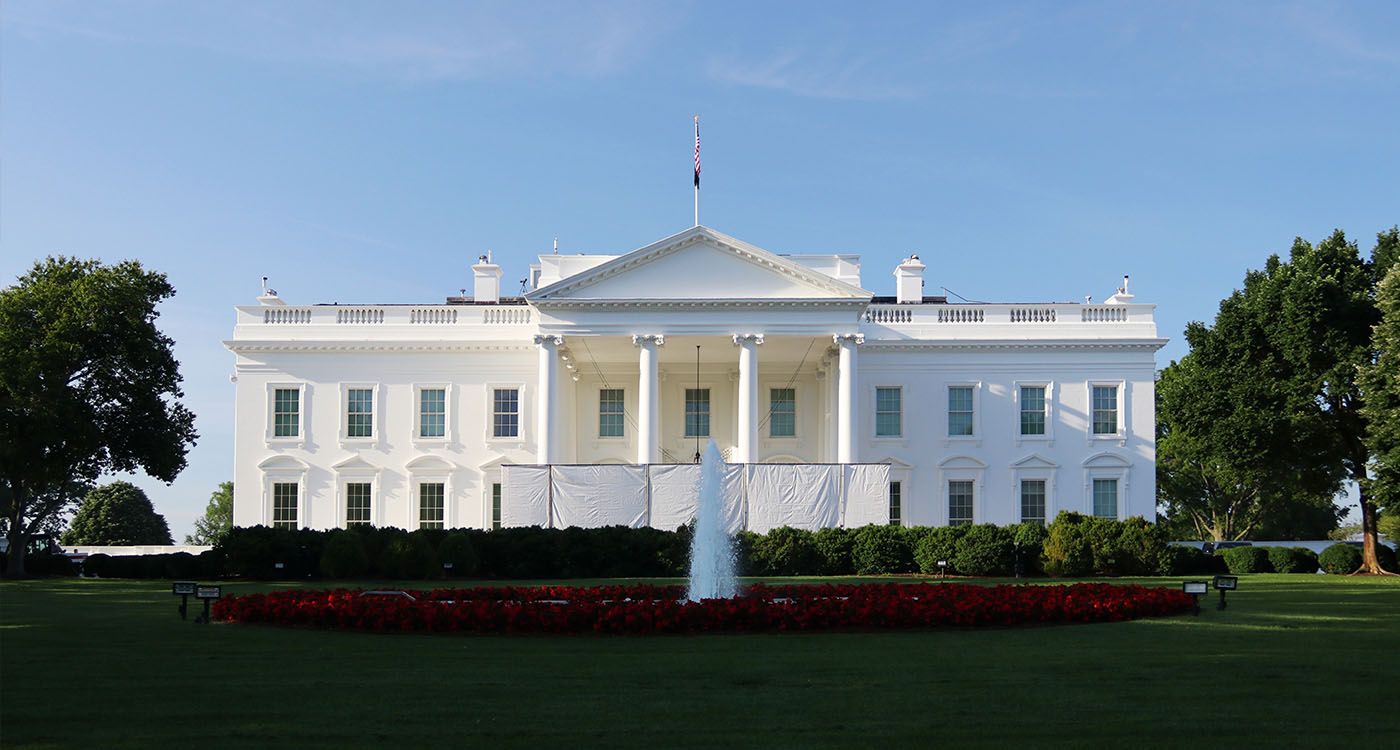- Home
- Middle East
- The Palestinian Cause Cannot Be Undermined

White House ©Markus Stappen / Shutterstock.com
The world is closely watching the gradual steps that US President-elect Donald Trump intends to take, when he returns to the White House after a four-year absence. Among these steps are his anticipated policies regarding the burning issues worldwide and specifically in the Middle East — namely, the Gaza and Lebanon wars, which have claimed nearly 50,000 civilian lives, not to mention tens of thousands of wounded and massive destruction.
There is also anticipation surrounding Trump’s upcoming appointments to key political, security, military, and diplomatic positions, the early signs of which have begun to appear. This team is expected to significantly impact the president, his outlook, and his decisions, although the prevailing impression and the experiences of some who worked in his previous administration suggest he is not the type of leader who listens much to the opinions of his advisors or colleagues.
Gradually, the names of candidates for high leadership positions in the federal government are being revealed, some of which are noteworthy. However, the common denominator among all the names leaked so far is that they have all received support from Zionist lobbying groups in Washington. Financing provided to these individuals by various groups has been published, with the following being prominent examples:
• The nominee for the US Ambassador to the United Nations, Elise Stefanik, received support amounting to $917,821.
• The nominee for Secretary of State, Marc Rubio, received $1,013,563 from these groups.
• Former Congressman Lee Zeldin, the nominee for the Environmental Protection Agency, received a total of $916,834.
• Mike Waltz, the nominee for the high position of National Security Advisor, received $235,968.
Senator Rick Scott from Florida, nominated to be the Senate Majority Leader, received a total of $606,192. Meanwhile, South Dakota Governor Kristi Noem, nominated for Secretary of Homeland Security, signed a law in her state that considers criticism of Israel as anti-Semitism. The list goes on, with other names being discussed in political circles and media, including former Secretary of State and former CIA Director Mike Pompeo, whose name is being considered for Secretary of Defense.
Regardless, it is clear that both the Republican and Democratic parties place utmost importance on strategic relations with Israel and on ensuring its security. Among the most concerning discussions at this stage is Israel’s bargaining for a ceasefire in Gaza in exchange for US recognition of Israeli sovereignty over the West Bank. This move would completely undermine the two-state solution, effectively liquidate the Palestinian cause, end any serious chances of establishing a Palestinian state on the 1967 borders, and contradict international resolutions, most notably UN Security Council Resolution 242. It would also practically legitimize the settlements, which now host nearly 800,000 settlers spread throughout the West Bank.
It is true that some suggest Trump, in his new term, may be less impulsive and more precise in his decisions. This is certainly necessary, as he was the first US president to recognize Jerusalem as Israel’s capital and to move the US embassy there, as well as to acknowledge Israeli sovereignty over the occupied Syrian Golan Heights.
The blazing Middle East is just a step away from full-scale war, making it in dire need of wise decisions that consider the Palestinian cause, which, as events have shown, cannot be reduced or dismissed, nor can it be turned into a mere security or economic issue.
Read more




Comments